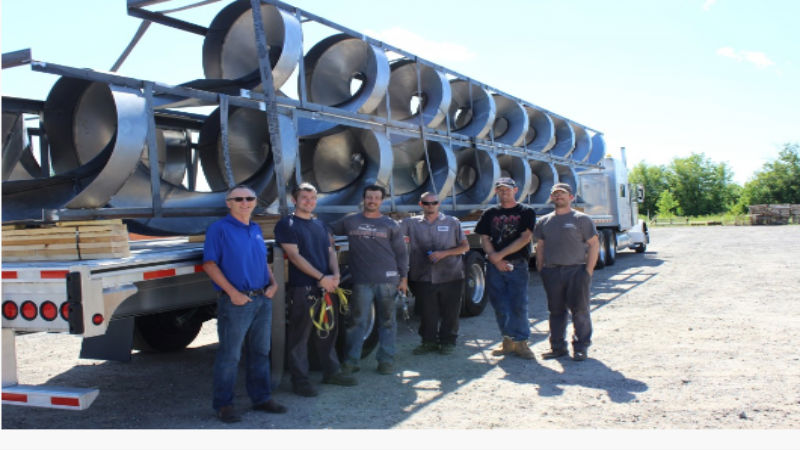In any type of construction, retrofit or new project planning stages, making choices in materials is going to be an area of focus. By selecting the right components for the job, contractors and companies will have the right supplies on the job and avoid the challenges of trying to make do with something that is low quality or mismatched material.
By taking some time to compare and learn about different options in industrial valves, making the right choice of materials will be easy. Often this will include talking to suppliers or even going directly to manufacturers to find out which model and type of valve is best suited for the specifics of any job.
Brand Name Matters
Always choose recognized manufacturers for industrial valves. There are a lot of cheap imported items from unknown manufacturers that may offer a good price, but the quality may be lacking. This may not be something that is immediately evident, but within a few months of operation leaks, control problems and other defects may become a serious area of concern.
Function and Process Needs
Different valves offer different functions. For example, is a simple on/off valve the best option for the job or is there the need for control of the flow of liquid, gas or semi-solid material through the system? Will here be a need to include flow pressure sensors or temperature sensors within the valve?
Also, know the environment where the valve will be operating. Is there a concern about environmental temperatures, either low or high, or is there a concern about corrosion for the external components of the valve?
Automation and Technology
In many systems and processes, industrial valves will have to be automated. The will also need to be selected for the method of actuation, which may be electric or pneumatic.
How the technology enhances the ability for process control of the valve will also be a factor to consider, particularly in fully automated systems where valve controls will have to integrate with existing technology.








